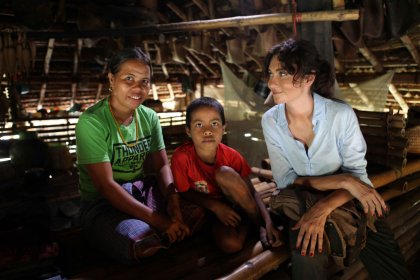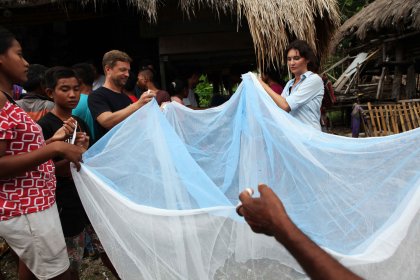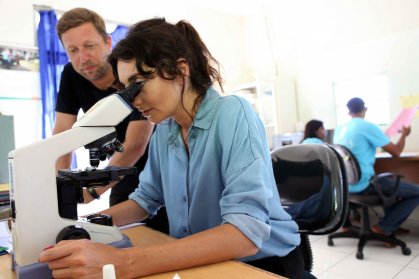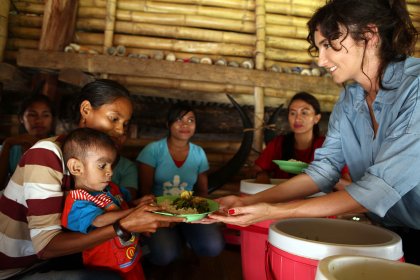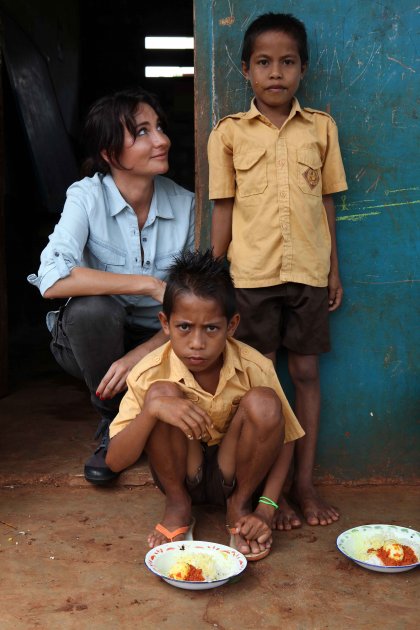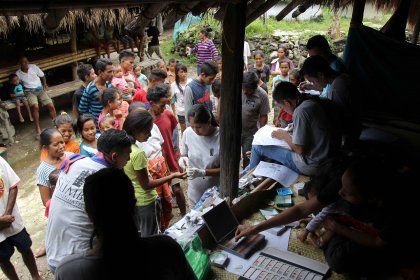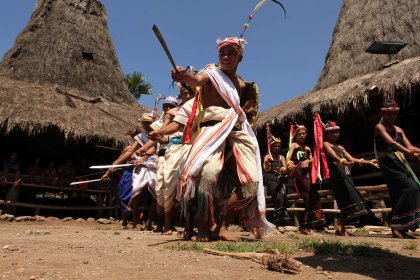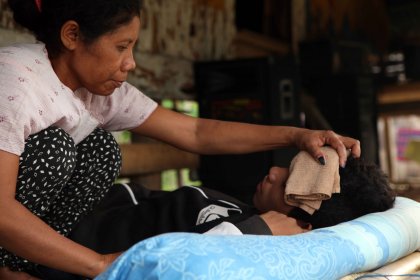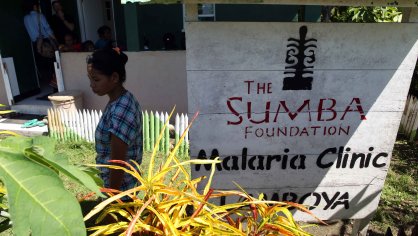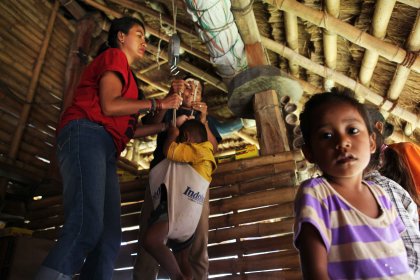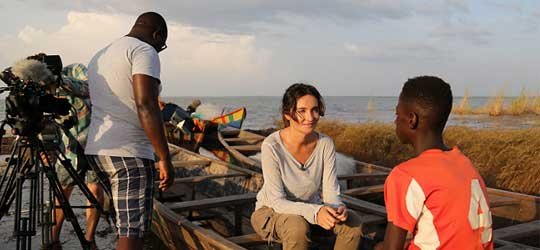COUNTRY / PROBLEM
Sumba is an Indonesian island, which has been isolated from the rest of the world for centuries, and which has maintained its unique culture, customs, and beliefs. Most of its inhabitants are followers of the traditional animistic religion of Marapu, who still live in the same kind of homes as their ancestors, and who, in difficult situations, ask local shamans for help. The Sumbanese people make a living mainly from agriculture, and in everyday life they often do not use money at all.
Sumba is one of the poorest islands of Indonesia. The Sumbanese people often do not have access to clean drinking water and cannot afford to buy food. A large percentage of children are undernourished.
Sumba is a place where the incidence of malaria is one of the highest in Southeast Asia. There are areas on the island where every third mother has lost at least one child to malaria.
Malaria continues to be a problem on a global scale. 219,000,000 people worldwide fell ill with malaria in 2017. Every year, more than 400,000 people die of this disease, most of them children under the age of 5. To date, no effective vaccine has yet been invented for malaria. Limited access to health care, combined with the presence of the most dangerous species of malaria-transmitting mosquitoes that, still makes this disease a serious problem in Sumba.
ORGANISATION
The Sumba Foundation is a non-governmental organisation operating on the Indonesian island of Sumba.
It carries out numerous health, education, and water projects, as well as nutrition projects. One of the main goals of The Sumba Foundation’s activities is to fight against malaria and try to eliminate this disease from the island.
Dr. Claus Bogh has been working for The Sumba Foundation since 2003. He is a world-renowned malaria expert from Denmark. He cooperates, among others, with the Bill and Melinda Gates Foundation, and used to be an advisor to the World Health Organization. For The Sumba Foundation, in collaboration with the government, he has developed a malaria control strategy that has been implemented at four clinics. Dr. Bogh dedicates his life to the fight against malaria around the world. Among other places, he has worked in Kenya, the Gambia, and Mozambique. Initially, he was supposed to stay in Indonesia for a year, but soon this country became his second homeland. Dr. Bogh moved to Indonesia in 2001, when he became a malaria advisor to the Indonesian Ministry of Health.
The numerous projects carried out by the organisation are closely related to the attempt to eliminate malaria: the water projects are intended to provide the island’s inhabitants with access to drinking water, the health projects are primarily research conducted both at clinics and on site. Thanks to them, the organisation’s employees are able to start treating malaria-infected people in the early stages of the disease.
PROJECTS
Kulczyk Foundation supported The Sumba Foundation’s Malaria Control Program as well as the water projects carried out by the organisation.
Watch the film


